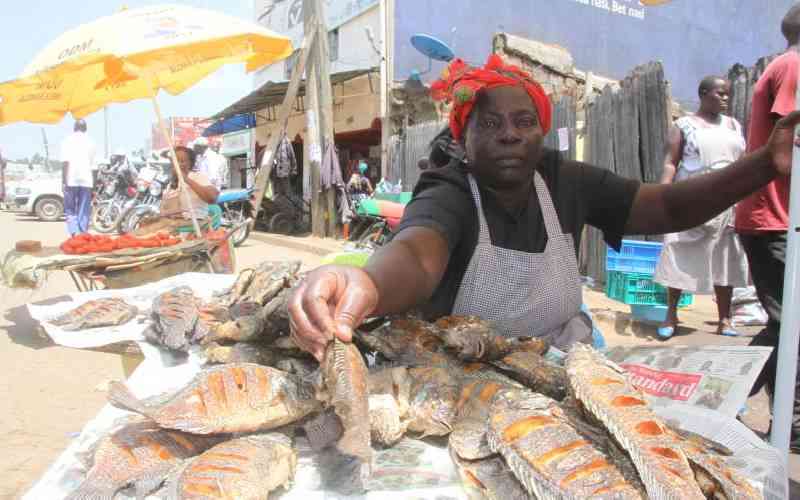×
The Standard e-Paper
Join Thousands Daily

Numbed by the vagaries of Covid-19 and the ever-rising cost of living, many Kenyans appear to be unbothered by the jitters associated with an election year.
Many businesses appear to be pressing on with their activities three weeks to the elections, a period that in the past has been marked by tension and underinvestment.